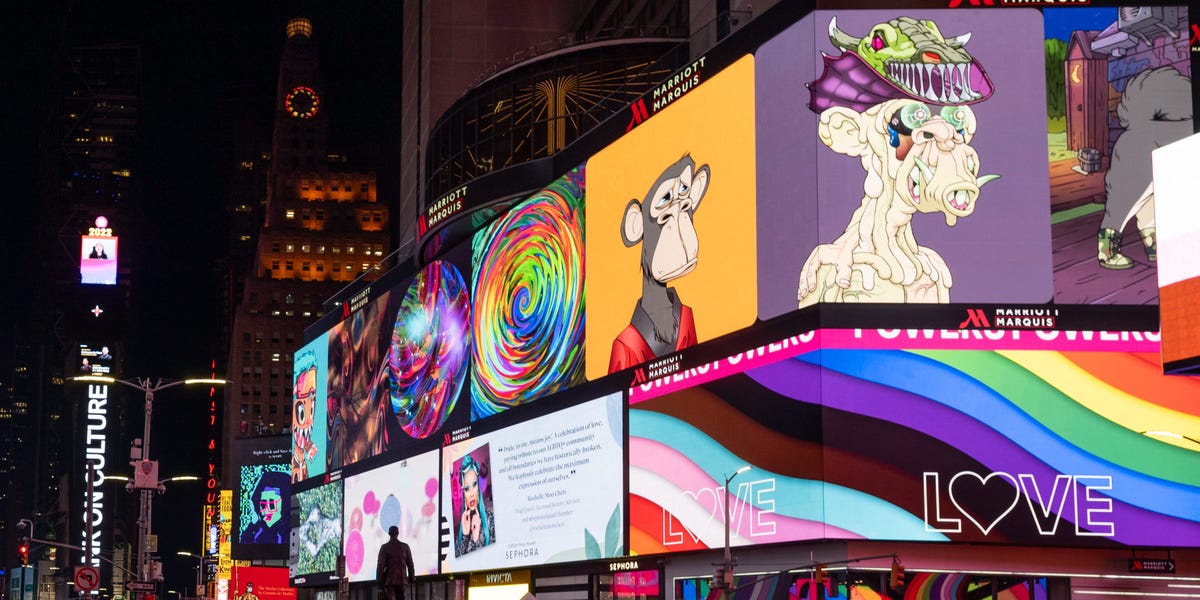Remember when NFTs sold for millions of dollars? 95% of the digital collectibles are now probably worthless.::NFTs had a huge bull run two years ago, with billions of dollars per month in trading volume, but now most have crashed to zero, a study found.



I still think NFTs could be used to make a form of DRM that is actually fair to the consumer, by maki g it so you can resell your digital goods and also make it so your digital rights don’t vanish as soon as the seller gets bored. But nobody in a position to make that happen wants that.
DRM =/= fair to the consumer.
DRM as a concept seeks to limit your digital rights. Any DRM of any kind is a form of punishment to the consumer. You bought it, it should be yours to do with in perpetuity as you please.
DRM could be fair to the consumer, it just isn’t in the interests of the publishers to make it so, and as a result the versions of it we have are not fair to the consumer.
NFTs or blockchains are not needed for this. You could just implement selling or transfers in the content platform.
I do think using contacts for escrow and having the sale being independent from the vendor are cool features, bit not at all essential ones.
Okay but what happens when the platform goes away, or decides to change the rules? That`s the only part I could see NFTs actually potentially answering. If the ownership verification was all done client-side via a blockchain it could potentially survive the shutdown of the store you bought it from.
Don’t get me wrong, I can see problems with this. And potentially this could also be done with simple public key cryptography.
Yes, but that’s a different, independent problem.
How would that be fair? There would still be drm running on your computer to verify you have the nft. That would have all the issues of DRM already. And those who want information to be free could still just make illegal cracked copies and distribute them.
Video game ownership rights have been going downhill for years. Most games can disappear from your account at a whim, and you can’t sell them on when you’re done anymore. At least with blockchain-based DRM, you’d be able to sell it when you’re done - and if the thing is hosted in a decentralized manner (IPFS, Pinata etc) then the creator can’t simply delete it or delist it. You’d own it without permission.
In theory it could be a good idea. If done right.
I would say that wouldn’t solve the main problem with DRM, the fact that it locks you out of your own computer. I don’t settle for any DRM.
I prefer physical DRM-free copies. If the industry as a whole is going to try to move away from that model, as it appears to be, I’m not going to walk away from gaming; I’d rather be at the table and talk about viable compromises rather than be left out of the conversation.
How is it unfair? To me fair means making sure the creator gets paid without stomping on the rights of the purchaser; in particular, the right to keep the thing after the publisher has gotten bored of selling it, and the right to sell it, though that last one is a difficult proposition with digital goods, seeing as they don’t devalue.